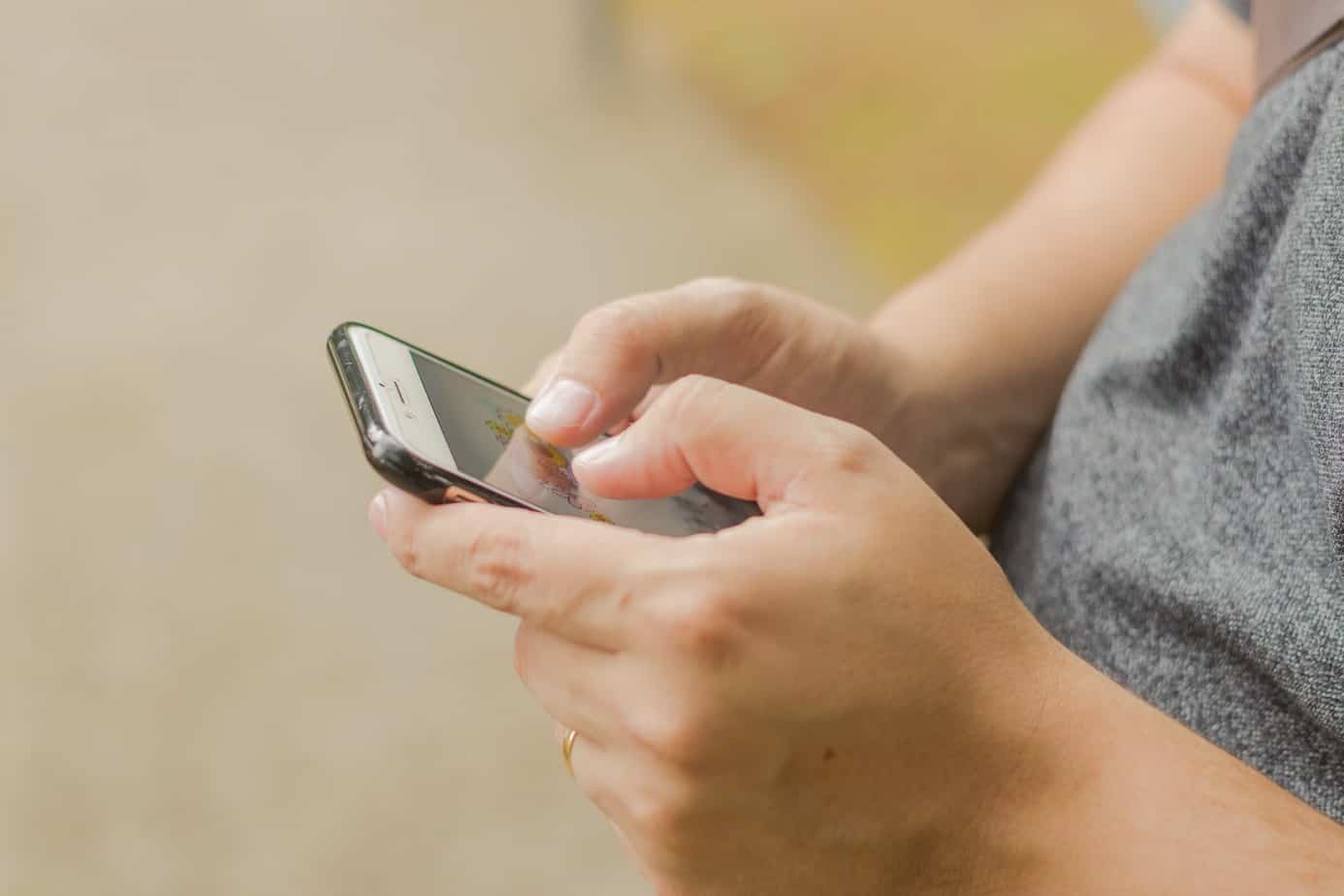The average American checks their smartphone 96 times a day. That is an average of 6 times an hour or once every 10 minutes that they’re awake. The amount of time we spend on our phones is increasing as society becomes more dependent on smartphones. This increase in time spent looking at our phones has translated into increased anxiety and depression. We are attached to our phones and it is affecting who we are as a society. Here we will examine how your phone is increasing your anxiety and what you can do.
What Are the Effects of Phone and Social Media Use on Anxiety?
Phone and social media addiction is a growing problem in the world. It’s easy to understand why. They allow us to connect with friends and family all over the world, and they make work easier. Have you ever had an important work deadline and felt the urge to pick up your phone or computer and check for updates every five minutes, even after you’ve finished working on the project? If you answer yes, then you’re not alone. Technology is so advanced these days that we can do so much more with it than ever before. We can play games, listen to music, talk to people, and buy anything from home. In fact, we can do the majority of these things 24/7 if we want to. But the more we use technology, the more anxious we can become.
And now with social media, we’re constantly checking Facebook, Twitter, Instagram, Snapchat and even emails, despite the fact that it’s not always the best use of our time. In fact, a recent study found that teens who use their phone for more than two hours a day were twice as likely to report symptoms of anxiety and depression than those who use their devices less. More than 50% of Americans say that they feel addicted to their phone. Those who reported being addicted to their phones were twice as likely to say they felt depressed and had fewer close friends compared to those who did not feel addicted. Despite the fact that social media can be a fantastic way to stay in touch with friends and family, it can also be a source of anxiety and depression. Social media is a great way to keep up with the lives of others, but it’s also a way to compare yourself to others, which can lead to feelings of inadequacy, jealousy or even depression if you feel that your life is less exciting or less successful than those of your friends.
How to Break Your Phone Addiction
Taking a break from phones can be a struggle for most people. Phones are everywhere, in every pocket, and you can’t just ignore them, even if you want to. They are designed to notify you and keep you looking. You may feel that you can’t just turn them off or leave them in another room. You can’t even think about leaving them alone, because you will miss out on important messages or news.
Phone or social media addiction is very common. We see people every day walking down the street staring at their phones. You might even be one of those people. Maybe your anxiety is increasing because of your phone addiction. If you experience some amount of anxiety by leaving your phone in another room, that’s a good sign that there might be a problem. The first step to overcoming your phone addiction is to start thinking about it and to take action. Here are some ideas to help you start breaking your phone addiction.
- Many phones offer time trackers and the ability to set limits on apps. Try that especially with social media apps so you can get a reminder when you’re on it too much.
- Experiment leaving your phone in a different room when you’re home for as long as you can. You will start to be able to leave it for longer.
- Be fully present when you are doing an activity whether it is walking, eating, or talking with someone. Only use the phone when you need to or aren’t engaged in another activity.
How to Use Your Phone in a Less Stressful Way
Phones don’t have to be bad and there are ways that you can use them in a less stressful way. If you’re one of those people that struggle with phone anxiety, you may want to follow these tips to help you use your phone in a less stressful way:
1. Turn off notifications: Notifications make you a slave to your phone. You are ready to respond and answer whenever it wants you too. Eliminating any unnecessary phone notifications from apps for example will give you more control.
2. Delete social media apps: If you have a real social media issue, you could just delete the apps. And maybe you could only enter every once in a while when you’re on a computer. This will force you to reduce the frequency of your visits.
3. Don’t use your phone as a coping mechanism: Your phone is not a healthy coping mechanism. It can be an attractive one though because it distracts and numbs. Going to it when you are sad, angry, or bored so that you feel better is training your brain to depend on that in the future.
4. Only check your phone when you’re in an area where you can give your full attention to it: Multitasking is a myth. All it really is is your brain rapidly dividing its attention between multiple things. Trying to bounce back and forth between activities and your phone creates stress and causes your performance to suffer in each activity you are trying to do while using your phone.
5. Stop the scrolling: Social media feeds are meant to keep you scrolling and scrolling. Have you ever felt anxious due to all of the stimulating videos and music and yet you feel as if you can’t stop? Notice when you are just scrolling just to scroll and stop.
Conclusion
As previously mentioned, cell phones are fairly necessary in our modern world. We need them to communicate and to work on many occasions. Using our phone as a tool rather than a form of diversion or distraction will help to reduce some of the harmful effects caused by excessive phone use. Now that you know how your phone is increasing your anxiety, you can take actions to improve before it gets any worse.
Recent Posts
In the pursuit of professional success, the modern working professional often finds solace in a cup of coffee or energy drink. Caffeine, the world's most widely consumed psychoactive substance, has...
Strategies for Sales Professionals to Reduce Back Pain and Injuries
In the fast-paced world of sales, professionals often find themselves navigating through long hours, client meetings, and constant travel. Amidst the pursuit of closing deals and meeting targets, the...

